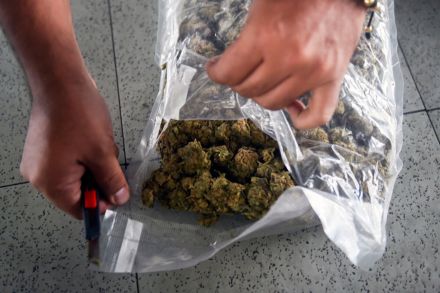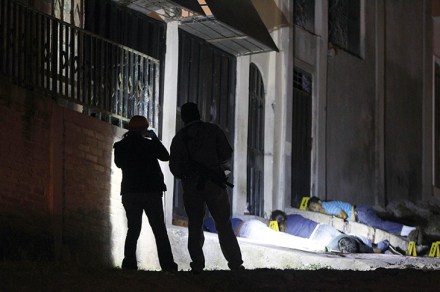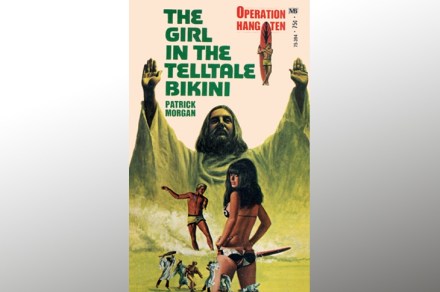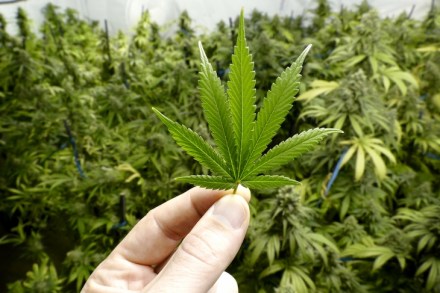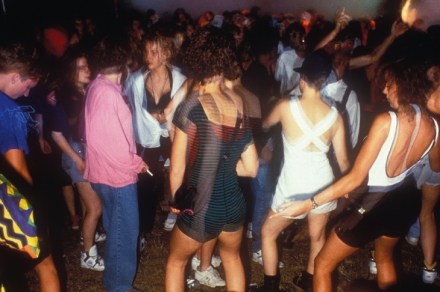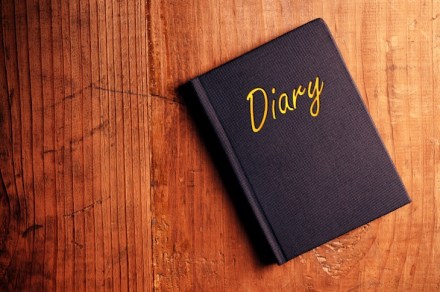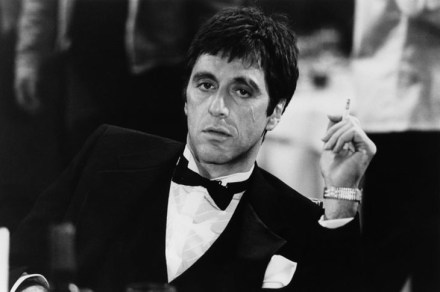Barometer | 23 August 2018
Cultured tastes Dawn Butler accused Jamie Oliver of ‘cultural appropriation’ for coming up with his own recipe for jerk rice. Some other culturally appropriated dishes she might find hard to swallow: Chop suey is said to have been invented in 1896 — during a visit to New York by China’s US ambassador Li Hung Chang — to appeal to American and Chinese tastes. Balti was invented in Birmingham in the 1970s by restaurants to appeal to a clientele beyond the local Pakistani population. Fish and chips were first recorded in the East End in the 1860s, derived from the Jewish method of frying fish. High numbers The government took over


